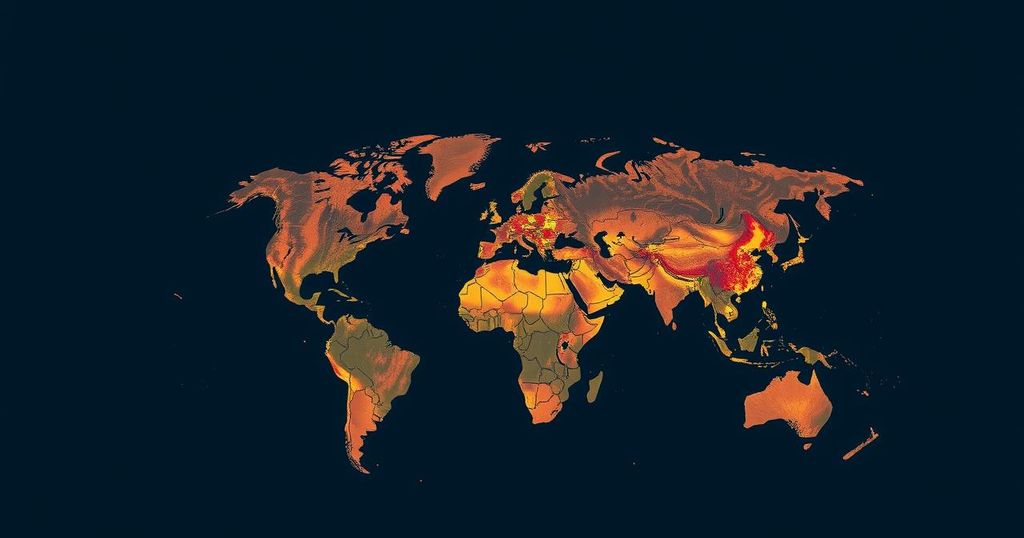The International Court of Justice hearings highlight urgent climate change issues presented by Brazil, Canada, and China, focusing on Indigenous impacts and global responsibilities. The principle of Common but Differentiated Responsibilities is central to the discussions, as states prepare for the court’s 2025 advisory opinion on climate obligations and equity in international law.
On December 4, 2024, during the ongoing hearings at the International Court of Justice (ICJ) in The Hague, representatives from Brazil, Canada, and China articulated the urgent need for addressing climate change and its multifaceted repercussions, particularly for Indigenous peoples. These discussions are part of a ten-day session where 98 states are presenting their stances on the obligations of UN member states concerning climate action. The court is expected to render its advisory opinion on these matters in 2025, a pivotal moment in establishing international accountability for climate impacts.
Brazil’s Ambassador for Climate Change, Luiz Alberto Figueiredo, underscored Brazil’s precarious position due to climate change and its role in championing global climate governance. He affirmed Brazil’s commitment to reducing greenhouse gas emissions by up to 67 percent by 2035, emphasizing the principle of Common but Differentiated Responsibilities and Respective Capabilities (CBDRRC), which necessitates that developed nations bear a greater burden due to their historical emissions.
Legal Advisor Professor Jorge Galindo supported Brazil’s call for equity, urging the ICJ to acknowledge decisions from the UN Framework Convention on Climate Change’s Conferences of the Parties (COPs) as influential legal benchmarks for climate responsibility. He articulated the need for developed nations to swiftly transition towards net-zero emissions and assist developing countries with technological and financial resources.
Canada’s Louis Martel highlighted the severe threats climate change poses, especially in the Arctic region, which is warming significantly faster than other areas. He reinforced Canada’s dedication to fulfilling international commitments and stressed the importance of transparency in global climate governance.
China’s representative Ma Xinmin advocated for a balanced approach that recognizes the unique challenges faced by developing nations, emphasizing that climate action must occur in tandem with sustainable development and poverty alleviation. Ma criticized unilateral restrictive measures from developed countries and called for cooperative efforts that consider the diverse capabilities of nations.
The International Court of Justice’s hearings mark a significant milestone in the global discourse on climate change and international law. The court is evaluating the responsibilities of countries in light of climate-related challenges, particularly focusing on how human rights and environmental treaties intersect. This situation highlights the pressing need for comprehensive policies that ensure the protection of vulnerable populations, including Indigenous communities, as climate impacts intensify across the globe. The discussions from multiple nations aim to shape a framework for international accountability and collaborative action against climate change.
The ongoing hearings at the International Court of Justice represent a crucial effort in defining international responsibilities concerning climate change. The contributions of Brazil, Canada, and China emphasize the need for equity, cooperation, and immediate action to confront varying capacities and historical responsibilities in tackling climate impacts. As the court prepares to issue its advisory opinion, the outcomes from these discussions may profoundly affect future international climate law and governance, ensuring that vulnerable populations are protected and that nations are held accountable for their environmental commitments.
Original Source: www.ipsnews.net






